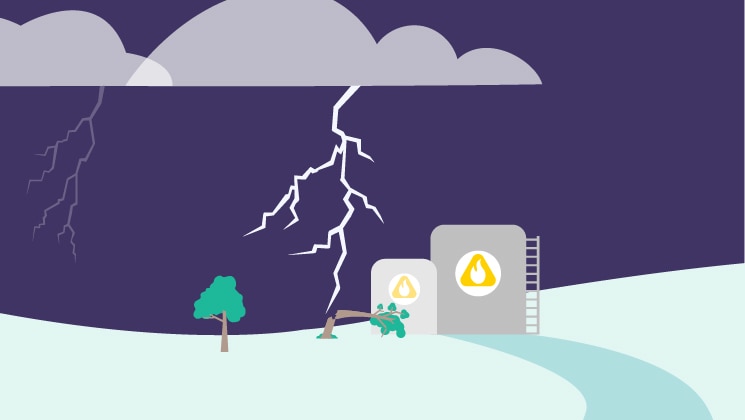
Knowing when to file a homeowner's claim is important if your house has been damaged. This will protect your property and help you to avoid paying out of pocket.
When to File for a Homeowners' Claim
It's wise to file for compensation in several circumstances. It can be a long and tedious process, but if you're looking to have your claim resolved quickly, it's well worth it.
You should first read your insurance policy to ensure you know what is covered. You will know how much you will have to pay and whether or not it is in your best interests to file a claim.
Also, you can ask your agent about the policy. They will also review any documents pertinent to this situation. You will be advised on how to proceed.

It's important that you prepare yourself for the claim process. This includes filing your claim promptly and keeping track of all conversations and documentation.
Keep a claim record
It's vital to record all details when filing a claim with your home insurance. You can use this information in the future, if you ever need to file another claim. Recording all your conversations can help speed up the process.
Also, it's a good idea for you to make copies of any documents that you have. This will enable your insurer to give a more accurate, detailed and comprehensive assessment of the damage.
Choosing to Make a Homeowners Claim
A common misconception is that filing for home insurance claims is a huge waste of your time. In reality, filing a claim for home insurance is a wise decision that can save you hundreds or thousands of dollars.
Home insurance claims can often be the only option to protect your house from major losses. It's worth filing an insurance claim in some cases to avoid an unexpected and expensive repair or replacement.

The right time to make a claim is when it makes the most sense for your family and your budget. You should never make a claim on your home insurance if you don't think it will help your family.
You should have liability coverage in your policy to cover any medical expenses incurred if someone gets injured on the property. Liability limits usually start at $100,000. But it's important to consult your insurance professional before deciding.
Your deductible must also be paid before the policy takes effect. Your deductible could be a certain dollar amount (or a percentage) of the total amount of your policy.